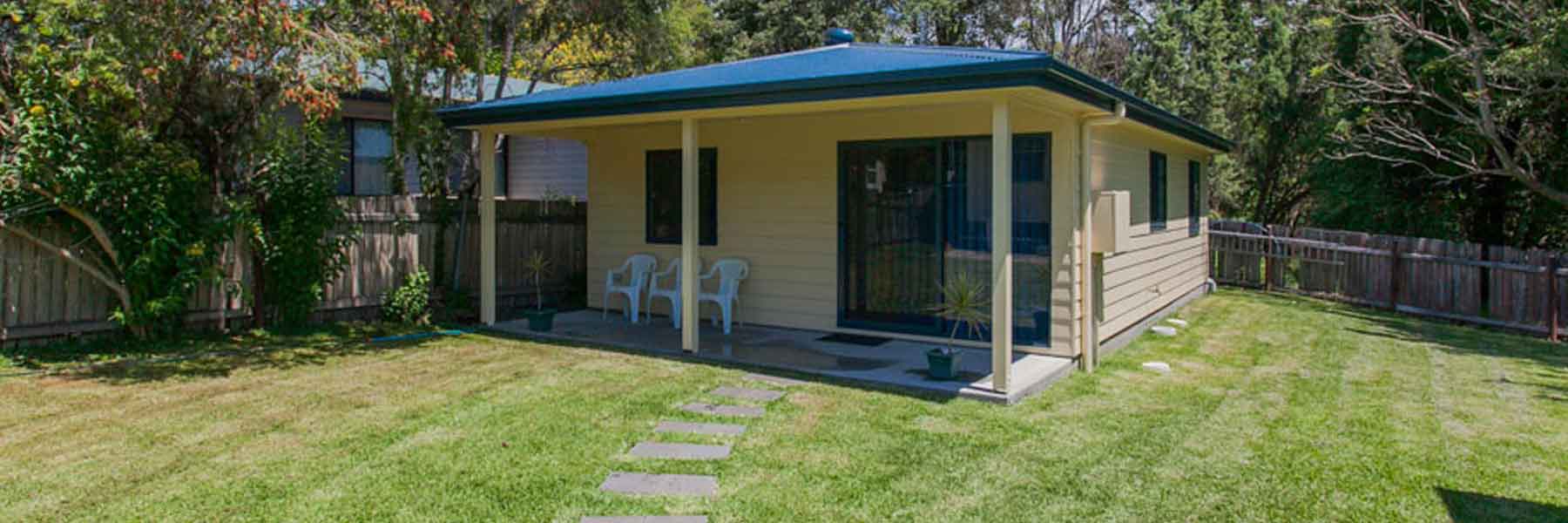No obligation. It won't affect your credit score.
Written by
Savvy Editorial Team

, updated on August 8th, 2023 Author
Savvy Editorial Team
Savvy's content writing team are professionals with a wide and diverse range of industry experience and topic knowledge. We write across a broad spectrum of finance-related topics to provide our readers with informative resources to help them learn more about a certain area or enable them to decide on which product is best for their needs with careful comparison. Meet the team behind the operation here.
Visit our authors page to meet Savvy's expert writing team, committed to delivering informative and engaging content to help you make informed financial decisions.
Our authors
Fact checked
At Savvy, we are committed to providing accurate information. Our content undergoes a rigorous process of fact-checking before it is published.
Learn more
about our editorial policy.










